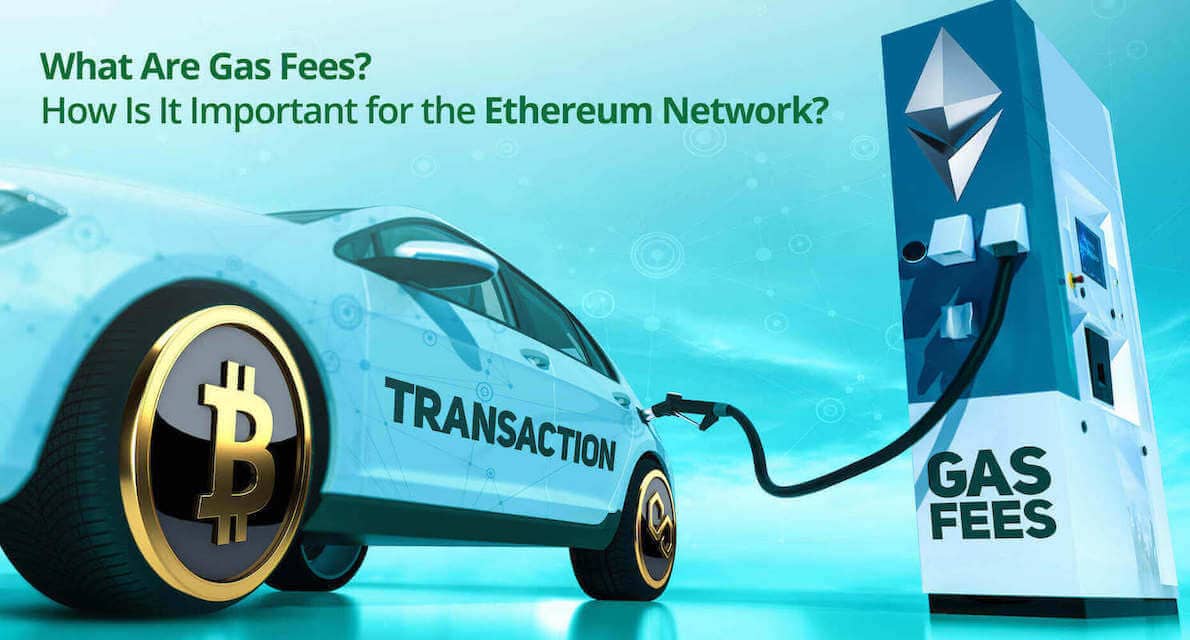
What Are Gas Fees? How Is It Important for the Ethereum Network?
Gas Fees: Explained
By definition, gas fees refers to the fee or cost required to execute a transaction or contract on the Ethereum blockchain network. This fee is paid in a denomination called Gwei (10-9 ETH).—tiny fractions of ETH (Ethereum) cryptocurrency. Moreover, it is used to pay the validators of the Ethereum blockchain, as a reward for maintaining and securing the network and its transactions.
As the transactions are paid in ETH, the exact price of Gas varies and is determined by the supply, demand, and network capacity of the Ethereum network.
Gas and the Ethereum Network
Ethereum is a system and platform made for traders and developers to expand the applications of blockchain and cryptocurrency (dApps, tokens, etc). Blockchain-based apps may be developed and operated on the Ethereum network, thus the moniker Ethereum Virtual Machine (EVM), which is another name for the platform.
The EVM has been used to develop and run a large number of decentralized apps, coins, and tokens as of right now. All coins based on it moving forward need to pay gas fees.
Example: The stablecoin DAI is created on the Ethereum blockchain. This requires users to pay gas fees in gwei to execute transactions on Ethereum.
Furthermore, gas was developed as compensation for miners' efforts in upholding and safeguarding a blockchain network. Additionally, it turned into an incentive for staking ETH and taking part in validation.
More on Ethereum’s Gas Fee
The term "Gas Limit" refers to an estimate of how much work a validator will put into a given transaction. The user will often anticipate that the transaction will take longer to complete the greater the gas limit.
On the other hand, "Gas Price" refers to the price per unit of work done. As a result, the gas limit times the gas price equals a transaction cost (Transaction Cost = Gas Limit x Gas Price).
Furthermore, a user's priority in the queue of transactions will decrease the lower their estimated gas limit is. There are transactions where the cost of gas is combined with the tip; the higher the tip, the quicker the transaction is completed.
Notably, because the supply and demand of the network frequently determine gas prices, they might change depending on whether the network is congested or has little traffic. Gas prices typically range from high to cheap depending on how busy the network is.
Because of this, The price of gas on Ethereum continues to change. On December 28, 2022, Ethereum's average gas price was 19.63 Gwei, according to YCharts.com.
It is important to note that all Ethereum transactions require a gas fee.
More importantly, gas fees are meant to compensate network validators for securing and operating the Ethereum blockchain. Without it, fewer individuals will be motivated to stake ETH and sign up as validators. The network may be in danger if its validators disappear.
The bottom line is, gas fees are useful in determining the demand and traffic of the Ethereum blockchain. It is helpful for validators and ETH owners who stake ETH, as they are the ones maintaining the performance of the network; hence securing the blockchain and helping it function properly.



